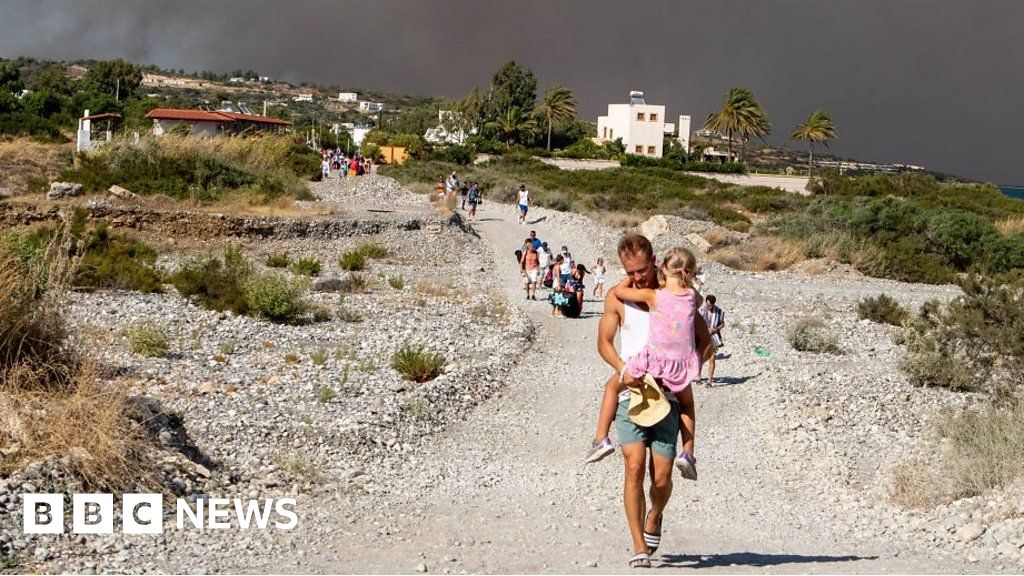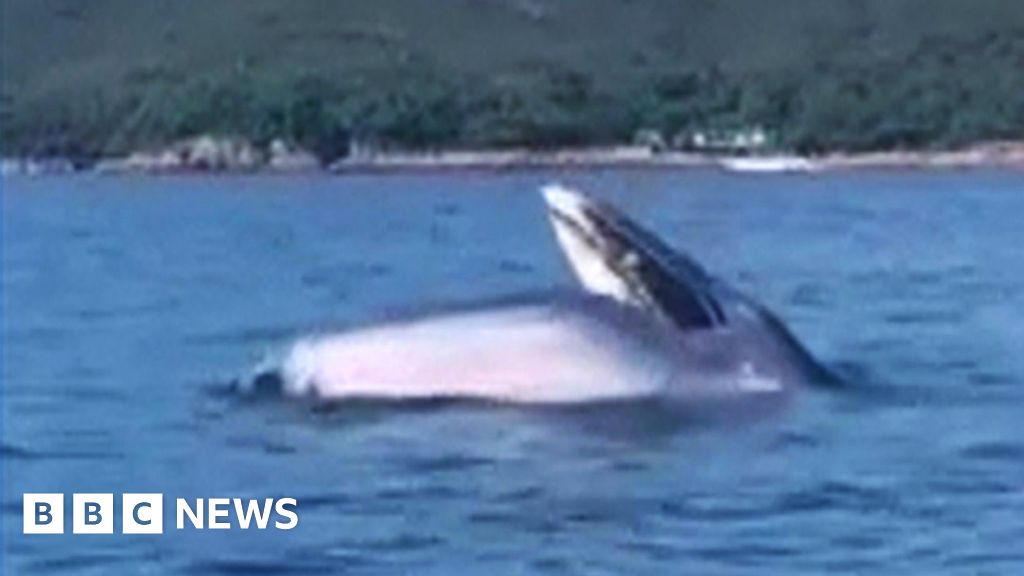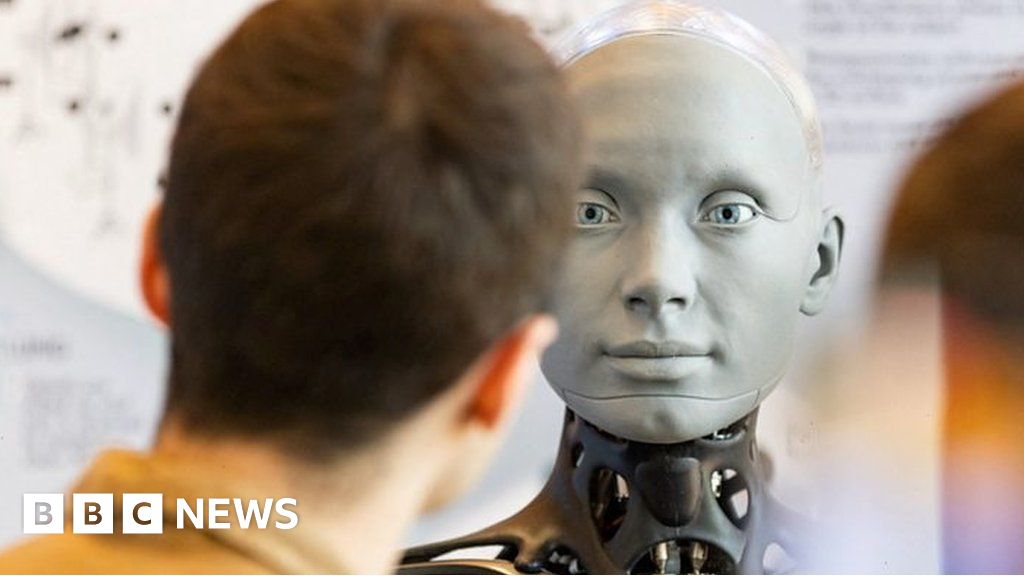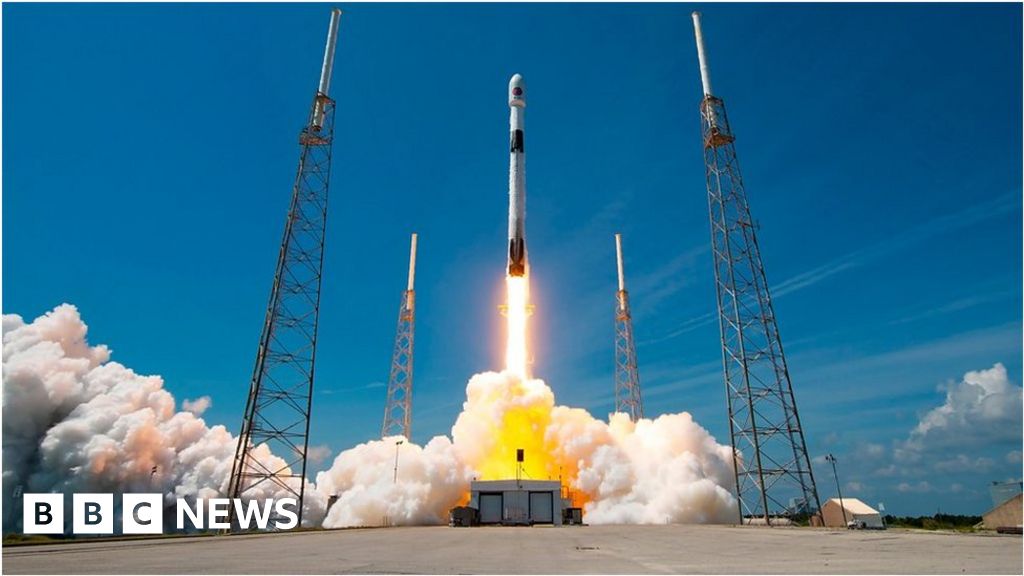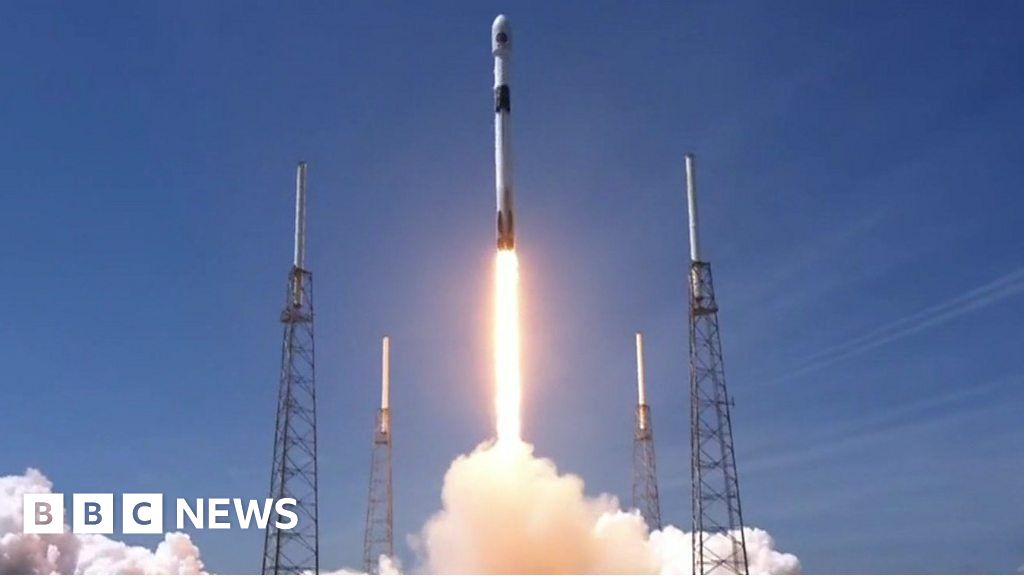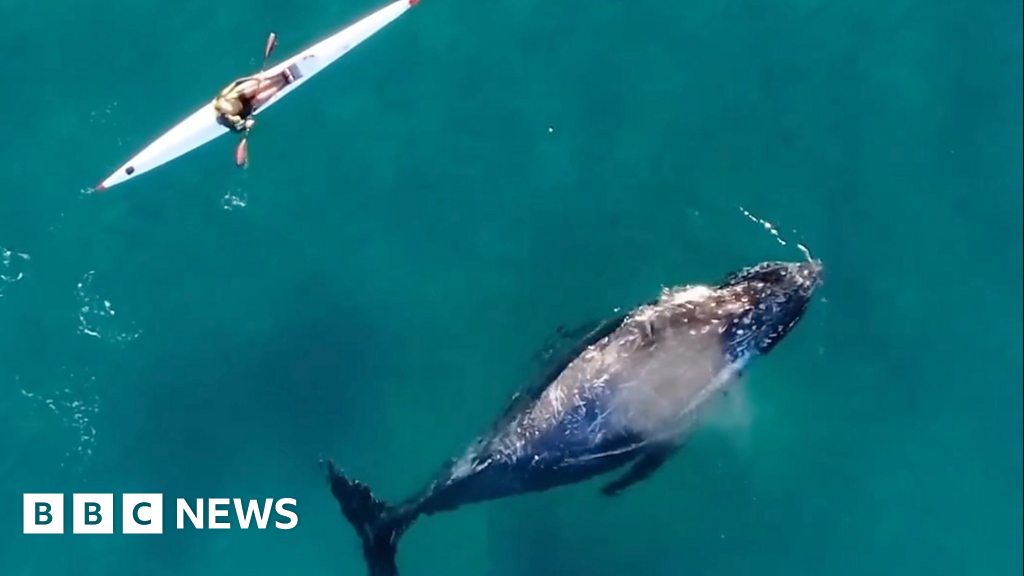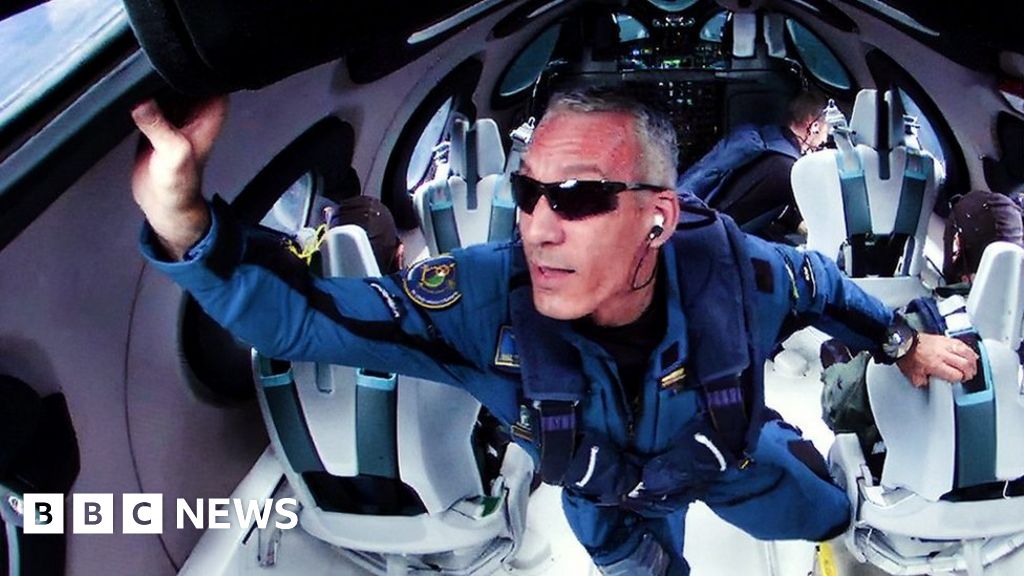The Euclid Telescope has successfully launched into space to understand some of the universe's greatest mysteries.
The €1.4 billion (£1.2 billion) telescope was scheduled to fly on a Falcon 9 rocket from Cape Canaveral in Florida on Saturday.
Euclid's goal is to create a giant 3D map of the cosmos to better understand what is called dark matter and dark energy.
Researchers know practically nothing about these phenomena, which appear to control the structure and expansion of the cosmos.
Although primarily a European Space Agency project, the mission also benefits from significant scientific and technical input from the US space agency NASA.
Euclid will conduct his work from an observing position on the opposite side of our planet from the sun.
Try Adblock (Why?)

